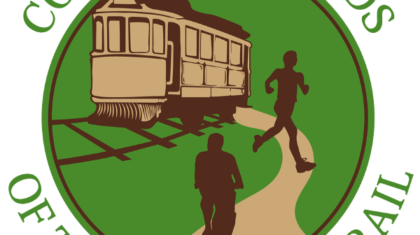
My team (Alta’s unique Programs Team) exists to help people walk, bike, and take transit more often. More specifically, we help public agencies design, run, and evaluate behavior change campaigns.
If you were asked to design a campaign like this, what would you do? You might tell people about the health benefits of walking and biking, or how transit can help you save money. Or, you might decide to offer classes on how to ride a bike.
These are reasonable things to do, and they might work. But it’s important to note that these strategies are based on assumptions: the assumption that people just don’t know what the benefits are (and if they did, they’d make a change), and that people don’t know how to do it (and if they did, they’d make a change).
Are these assumptions correct? Maybe. But they count on people making rational decisions: ones that are based on facts, and that maximize personal benefit. Researchers in the behavioral science (aka behavioral economics) field have found, though, that most people make most decisions using mental shortcuts that aren’t necessarily rational.
To build a better behavior change program, we need to work with these mental shortcuts, not against them. Here are some examples of better results that came from applying behavioral economics principles:
- A city found that by focusing on how much money employees were losing by not signing up for a subsidized transit program (aka “loss aversion”), eleven times more people opted into the program
- A bike share program found that people who had recently moved homes were four times more likely to try bike share, compared to people who recently had a bike share system move near them (this is an example of the “fresh start effect”)
- An employer who started a walking encouragement program found that people who were told how they compared to their colleague walked about 1200 more steps each day compared to people who only knew about their own performance (showing that we all respond to social norms)
- If they commuted by bus, City of Durham employees were entered into a lottery to win $163 per week. People offered that were less likely to drive to work (by multiple measures), and reported that they felt happier, wealthier, and more physically active.
Alta’s Programs Team is working with behavioral scientists to apply concepts like these to create better behavior change programs. (Learn more about how “nudge” concepts work in government here.)
We are currently working with research teams to increase carpooling, promote participation in commute challenges, encourage bikeshare members to refer a friend, and figure out smarter incentive strategies. Contact us to learn more, and find out how we can help you.


